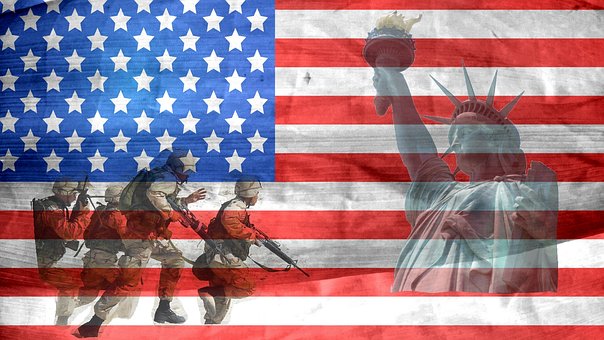A Little Background

Since 2014 Tim Burley has been compiling data through personal survey and through peer to peer counseling with mostly newly transitioned Veterans. Almost all were in the Army, Navy, Air Force, and Marine Corps. In almost all cases of Veterans with thoughts of suicide, depression, panic, anxiety, and PTSD, the root cause of the problems were stress related. Most had triggers to mental illness stimulated by the transition to civilian status and through physical pain which exacerbated their mental health.
Currently all Military Branches and the Federal Government have what they call a Transition Program. This transition program has various steps the member of the military must attend or complete, but the program is woefully successful due to importance of mission, understanding of current civilian markets and structure, and lack of tools needed to prepare the Veteran for civilian life.
In a study with now 174 recently separated prior members of the military, the Military’s Transition Program rated on a Scale from 1 (low) to 10 (high) a .07. Many of the respondents got little or no assistance or education needed for their transition.
Some of the comments were:
They still use the same resume layout as Vietnam Veterans used.
I had to hurry up and process out, so they signed off on my paperwork because my commander wanted me on a Field Training Exercise (FTX) instead of out-processing.
They had us apply for two jobs. Neither of the jobs were anything we were actually interested in. The companies offered little in salary or benefits. Most wanted an investment by the Veteran almost like a pyramid scheme.
The Second Part of the study asked the Veterans how they would rate the Communities assistance when they rejoined the civilian workforce. Using the same scale, they rated Communities an average of a 1.2.
Some of the comments were:
Companies don’t look at our achievements, they look for physical or mental issues and aren’t interested in our service status.
We are expected to start at minimum wage or as general labor because HR Representatives don’t look at our military skills as the equivalent of civilian skills.
Community Members often Thank us for our service, but aren’t interested in helping. At least it makes them feel good.
The Third and final question, how would you rate your ability to successfully integrate back into civilian status, and did you prepare. The Veterans rated themselves at a surprising 1.4.
Comments were:
I didn’t have time to prepare, nor did I have any idea what I was going to do. I just wanted out!
We did not save enough nor did we realize and budget for the cost of transition. We didn’t earn that much in the military, we lived pay check to pay check. We ended up living in our parent’s basement.
Now I know why we put guns in our mouth and pull the trigger!
After talking to business leaders, community leaders, and Veterans Associations I realized we can assist.